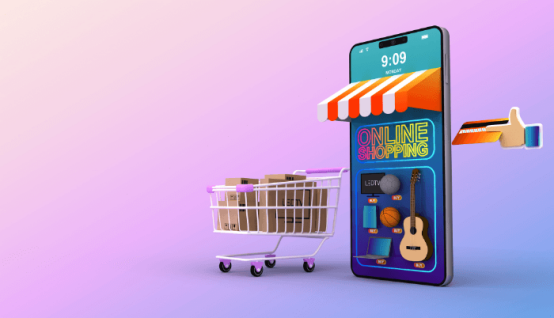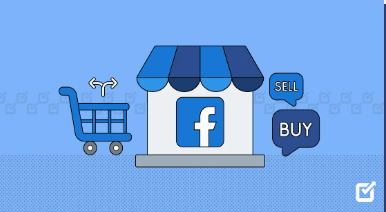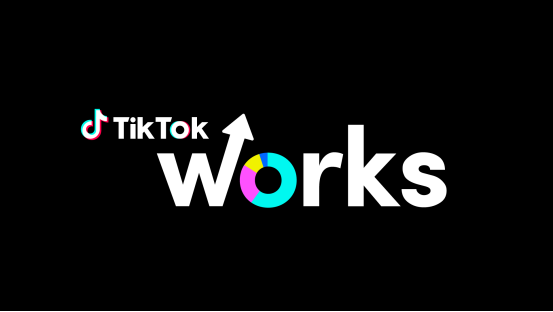The Future of Online Shopping
In recent years, Facebook Marketplace has evolved from a secondary feature within the social media giant's ecosystem to a dominant force in online shopping. As more consumers turn to digital platforms for their everyday purchases, Facebook Marketplace has positioned itself as a convenient and efficient tool for both buyers and sellers. This article explores the factors driving its growth, its impact on the e-commerce industry, and its future potential.

The Evolution of Facebook Marketplace
Launched in 2016, Facebook Marketplace began as a platform for users to buy and sell used goods locally. Its immediate popularity stemmed from Facebook's massive global user base, which now exceeds 3 billion active users. Over the years, Marketplace has incorporated numerous features, including product categories, direct checkout, and seller ratings.
Marketplace's seamless integration into Facebook’s ecosystem allows users to engage in shopping without leaving the platform. This ease of use, combined with social connectivity, has fueled its rapid expansion.
Key Factors Behind Facebook Marketplace's Growth
1. Trust and Social Connectivity
One of Marketplace's key strengths is the trust factor. Because profiles are linked to real Facebook accounts, users can vet potential buyers or sellers before transactions. This transparency reduces fraud and fosters a sense of security that anonymous platforms cannot offer.
2. Leveraging Big Data and AI
Facebook Marketplace leverages AI and big data to personalize the shopping experience. By analyzing user behavior, browsing history, and preferences, the platform delivers customized product recommendations. These algorithms, combined with AI ethics and regulation considerations, enable efficient targeting of relevant ads and products.
With the rise of 5G connectivity and edge computing, Facebook Marketplace benefits from enhanced transaction speed, faster loading times, and smoother navigation, improving user experience across all devices.
3. Integration with Facebook Ads and Instagram
Marketplace benefits significantly from its integration with Facebook’s broader ecosystem, including Instagram. Sellers can list products on Marketplace and simultaneously promote them across social channels. Facebook Ads' precision targeting capabilities enable businesses to reach specific demographics, increasing the chances of conversions.
Facebook's exploration into blockchain technology further enhances secure transactions on the platform, adding another layer of trust and safety to digital payments.
Marketplace’s Role in the E-Commerce Ecosystem
1. Competing with E-Commerce Giants
While Marketplace was initially viewed as a competitor to classified ad websites like Craigslist and OfferUp, it has evolved into a viable alternative to e-commerce giants like Amazon and eBay. Unlike these platforms, Facebook Marketplace's social integration offers users the advantage of convenience, blending shopping with their daily social media experience.
The introduction of Generative AI enhances customer service, product recommendations, and logistics, allowing Marketplace to compete with major e-commerce players by providing both a social and e-commerce experience.

2. Local and Global Reach
Marketplace excels at connecting local buyers and sellers, making it ideal for transactions like purchasing secondhand furniture or electronics. However, its global capabilities are just as strong, enabling small businesses to reach international markets. The platform’s localized listings and search functions make it adaptable for users seeking either local or global shopping experiences.
3. Supporting Small Businesses
During the COVID-19 pandemic, many small businesses turned to Marketplace as a cost-effective way to transition to online sales. Facebook’s cloud computing infrastructure allows small sellers to manage inventory efficiently without the need for heavy upfront investments, making it a highly accessible e-commerce platform.
The Future of Facebook Marketplace
1. Expansion into B2B Sales
Facebook Marketplace’s future growth will likely include expanding into business-to-business (B2B) sales. This shift could allow businesses to trade wholesale, positioning Facebook Marketplace as a competitor to platforms like Alibaba in the B2B space.

2. AI-Powered Shopping Experience
With increasing focus on AI ethics and regulation, Facebook Marketplace is set to continue refining its AI-driven personalization. The rise of smart devices and IoT could see the introduction of virtual shopping assistants, helping users find products quickly and efficiently.
3. Cybersecurity and Data Protection
As online transactions grow, cybersecurity remains a key concern. Facebook Marketplace will need to prioritize data protection, especially with the adoption of digital payments and increasing transactions. Enhanced cybersecurity solutions will ensure user confidence in the platform’s ability to safeguard sensitive financial information.
4. Sustainability and Ethical Shopping
As sustainability becomes more critical for consumers, Facebook Marketplace is well-positioned to promote eco-friendly products and brands. The platform can integrate sustainable tech solutions, such as carbon-neutral delivery options and promoting secondhand goods, to attract environmentally-conscious shoppers. The use of blockchain technology could also ensure transparency in supply chains, allowing users to verify that products are ethically sourced.
Case Study: How Facebook Marketplace Helped a Local Business Scale Globally
A notable example of Facebook Marketplace’s potential can be seen in a small furniture business based in New York. Initially using Marketplace to sell locally, the business invested in targeted Facebook Ads and experienced significant growth. Within a year, it expanded internationally, shipping products to Europe, Asia, and Australia. Cloud computing enabled the business to handle logistics efficiently, while 5G connectivity ensured smooth communication with customers worldwide.
This case underscores how Facebook Marketplace can help small businesses scale quickly without substantial upfront investments.

Facebook Marketplace’s Role in the Future of Online Shopping
Facebook Marketplace is positioned as a disruptive force in e-commerce, combining social networking with online shopping in a way that is unmatched by competitors. Its ability to integrate cutting-edge technologies like AI, blockchain, and cybersecurity solutions ensures its continued relevance in a fast-evolving digital landscape.
By offering local and global reach, supporting small business growth, and remaining at the forefront of innovation, Marketplace will likely continue to shape the future of online shopping. As sustainability and smart technologies become more prevalent, Facebook Marketplace is ready to cater to the growing demand for efficient, ethical, and secure shopping experiences.



